Dakota Boys and Girls Ranch - Fargo Youth Home

Overview
Dakota Boys and Girls Ranch - Fargo Youth Home is a mental health treatment center for people seeking treatment near Cass County. As part of their treatment modalities for recovery, Dakota Boys and Girls Ranch - Fargo Youth Home provides couples/family therapy, group counseling, and cognitive behavioral therapy during treatment. Dakota Boys and Girls Ranch - Fargo Youth Home is located in Fargo, North Dakota, accepting cash or self-payment for treatment.
Dakota Boys and Girls Ranch - Fargo Youth Home at a Glance
Payment Options
- Cash or self-payment
- Medicaid
- State-financed health insurance plan other than Medicaid
- Private health insurance
- State mental health agency (or equivalent) funds
Assessments
- Screening for tobacco use
- Comprehensive mental health assessment
- Comprehensive substance use assessment
Age Groups
- Children/adolescents
- Seniors
Ancillary Services
- Intensive case management
- Case management service
- Diet and exercise counseling
- Education services
- Family psychoeducation
Highlights About Dakota Boys and Girls Ranch - Fargo Youth Home
6.71/10
With an overall rating of 6.71/10, this facility has following balanced range of services. Alcohol Rehabilitation: 8.00/10, Drug Rehab and Detox: 6.00/10, Insurance and Payments: 6.00/10, Treatment Options: 6.85/10.-
Alcohol Rehabilitation 8.00
-
Treatment Options 6.85
-
Drug Rehab and Detox 6.00
-
Insurance and Payments 6.00
Treatment At Dakota Boys and Girls Ranch - Fargo Youth Home
Treatment Conditions
- Alcoholism
- Mental health treatment
- Substance use treatment
- Co-occurring Disorders
Care Levels
- Hospital inpatient treatment
Treatment Modalities
- Couples/family therapy
- Group counseling
- Cognitive behavioral therapy
- Dialectical behavior therapy
- Integrated Mental and Substance Use Disorder treatment
Ancillary Services
Languages
- Sign language services for the deaf and hard of hearing
Special Programs
- Clients with co-occurring mental and substance use disorders
- Criminal justice (other than DUI/DWI)/Forensic clients
- Clients who have experienced trauma
- Children/adolescents with serious emotional disturbance (SED)
- Persons with post-traumatic stress disorder (PTSD)
Get Help Now
Common Questions About Dakota Boys and Girls Ranch - Fargo Youth Home
Contact Information
Other Facilities in Fargo
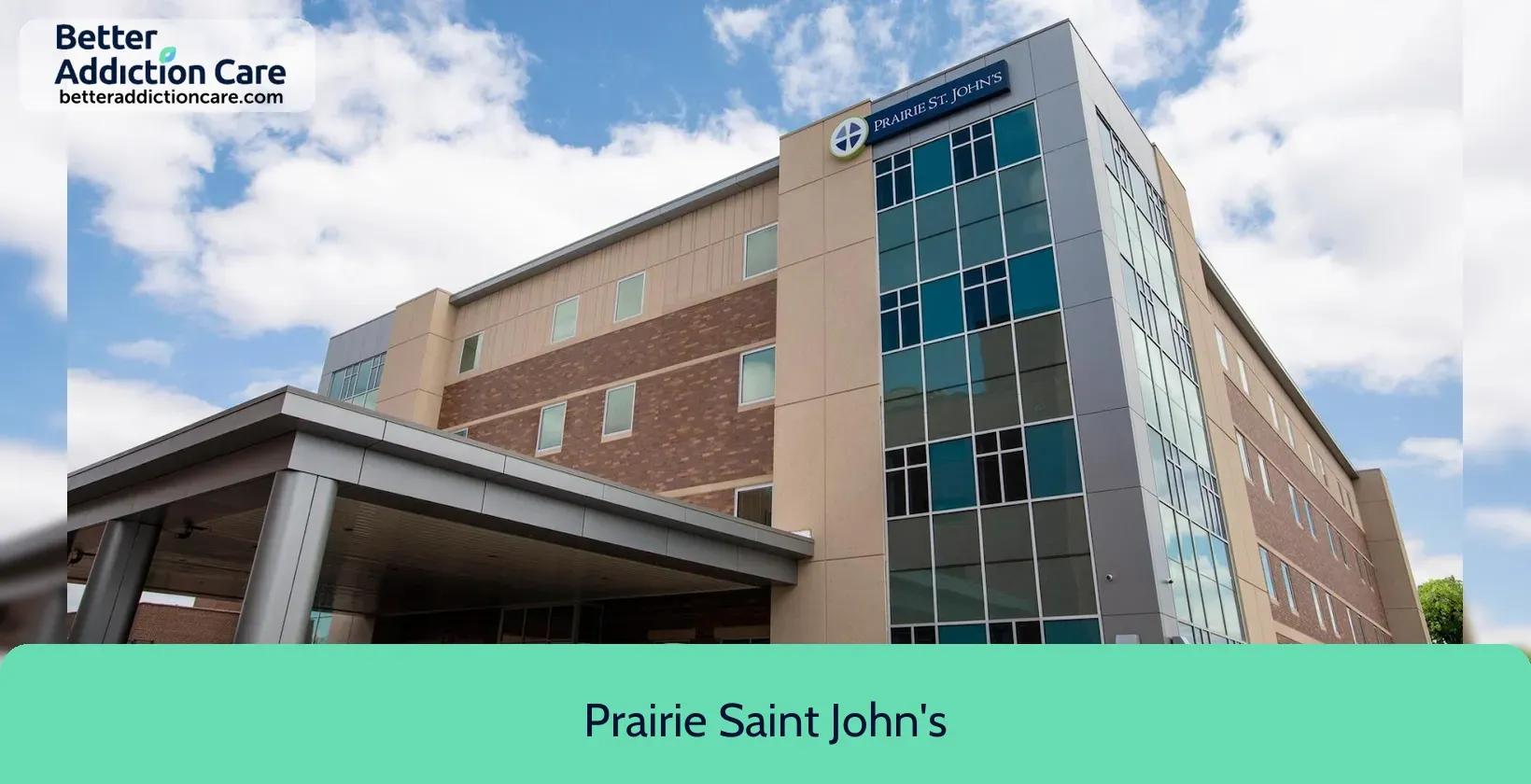
7.23
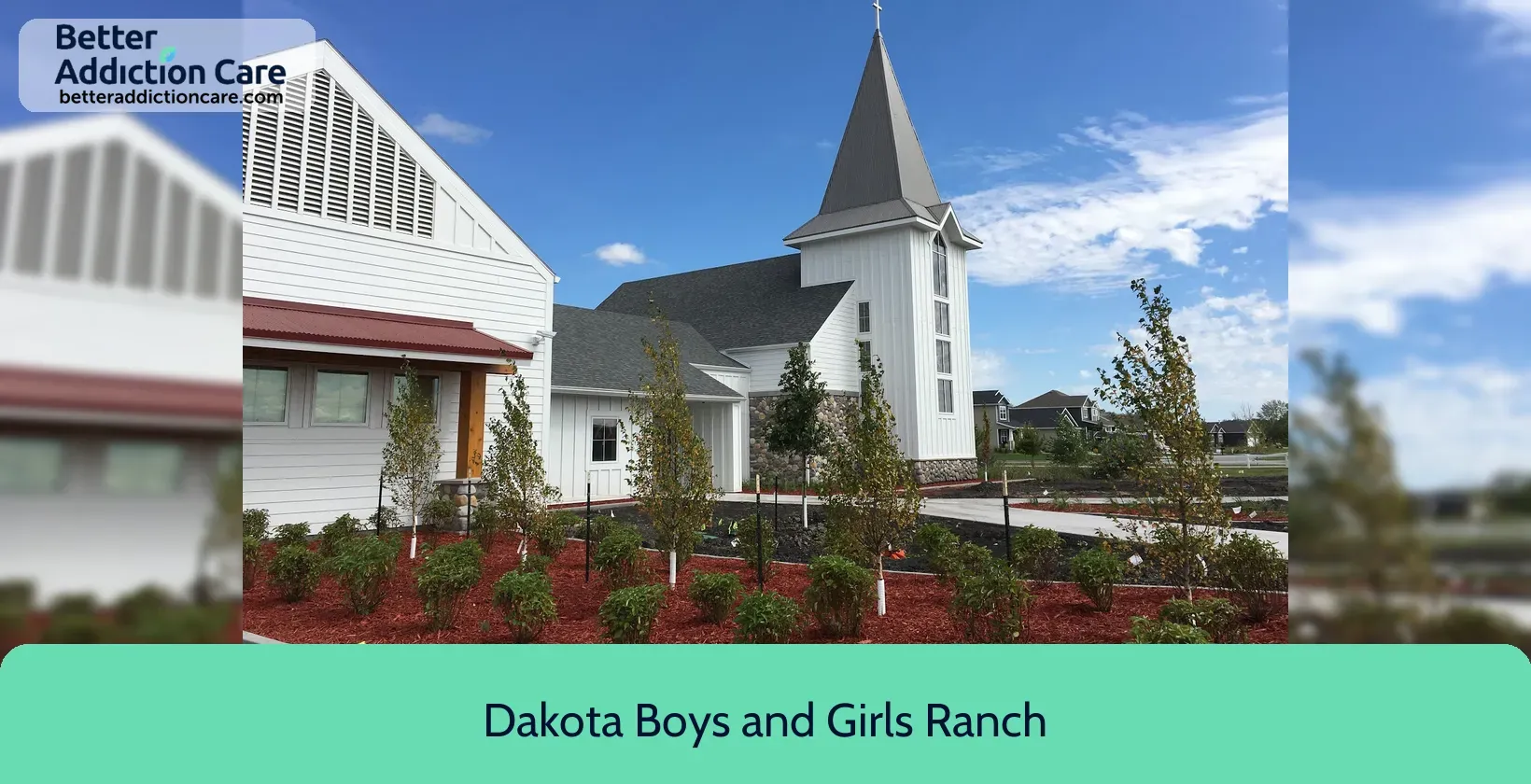
6.71
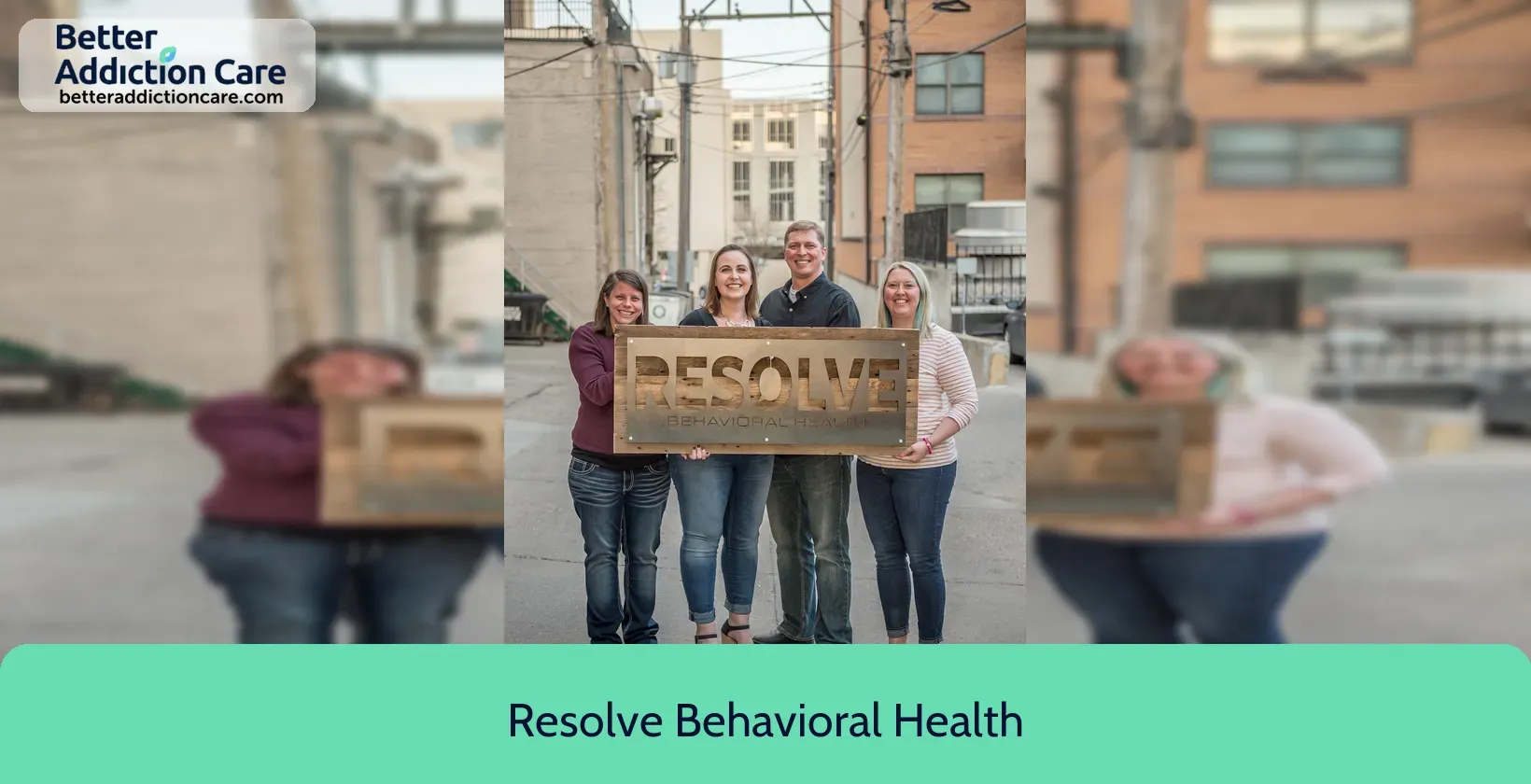
6.80
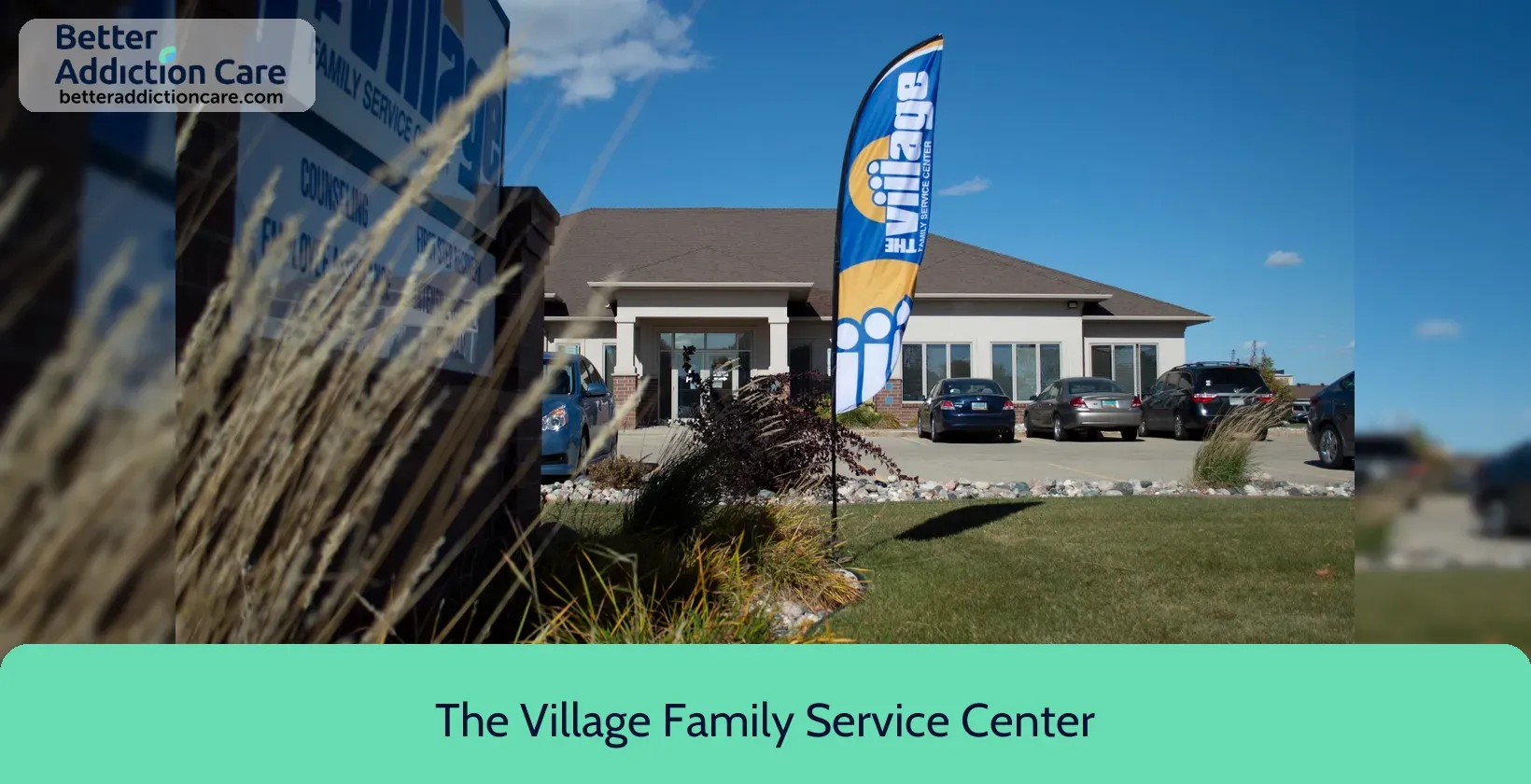
7.18
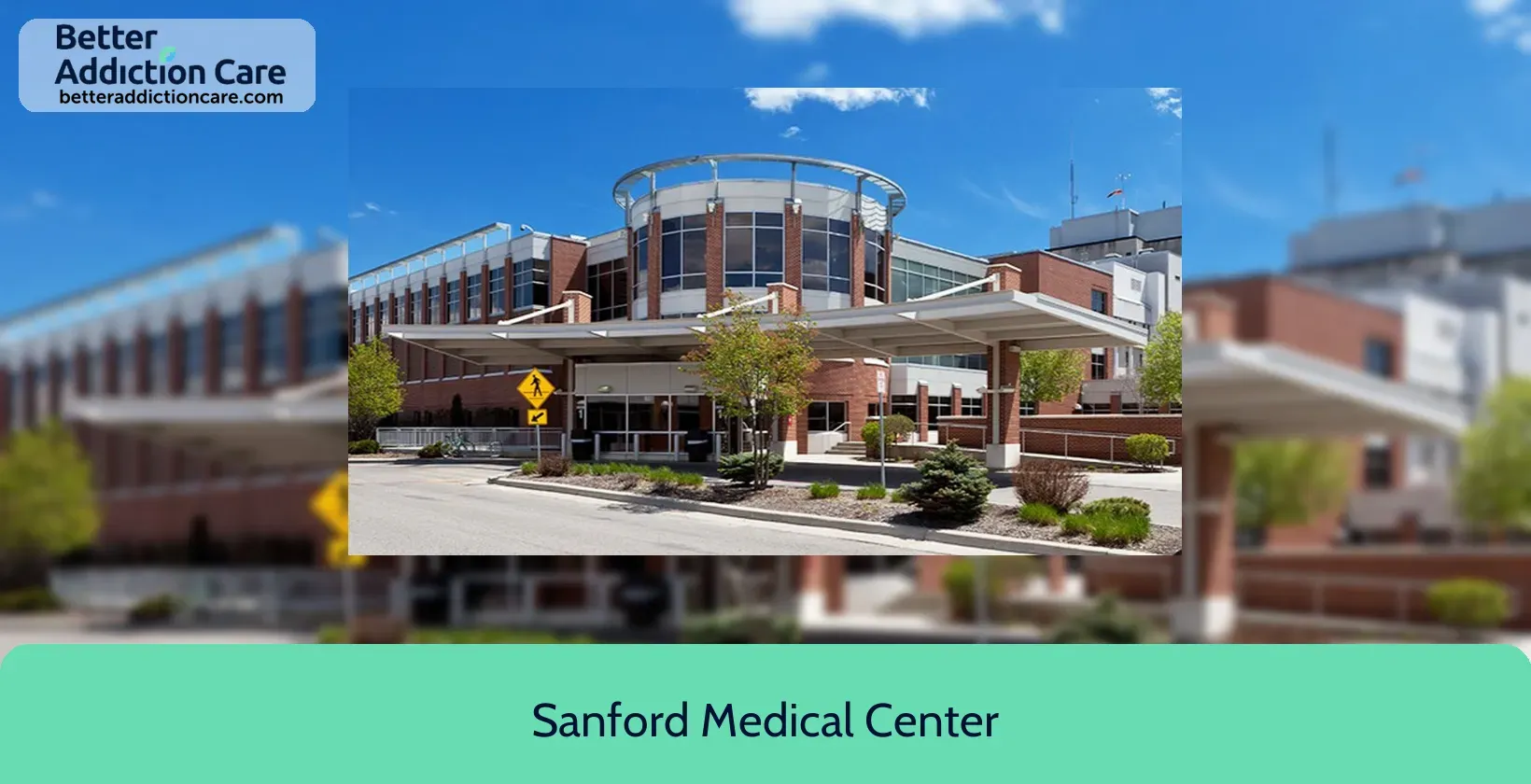
6.56
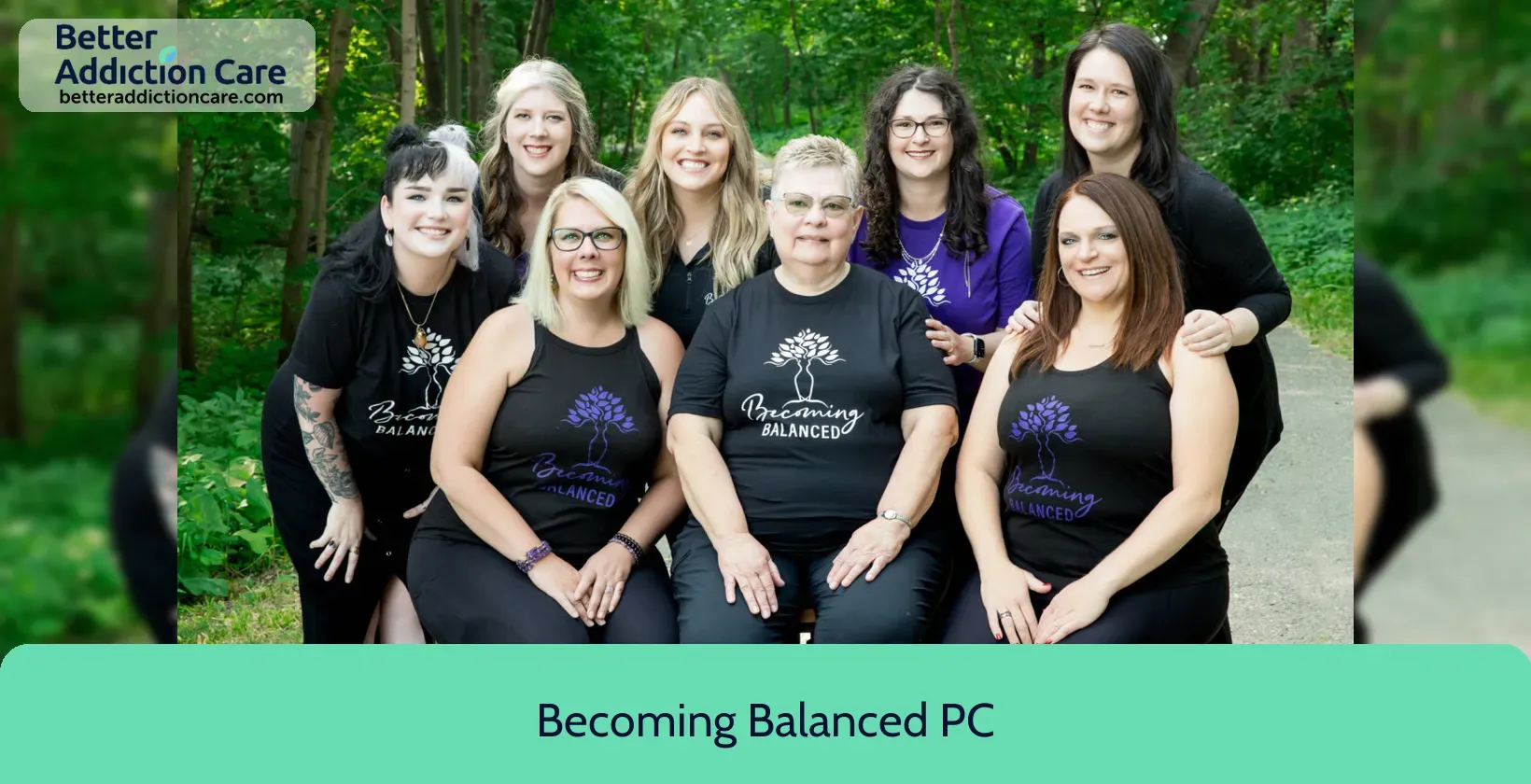
6.59
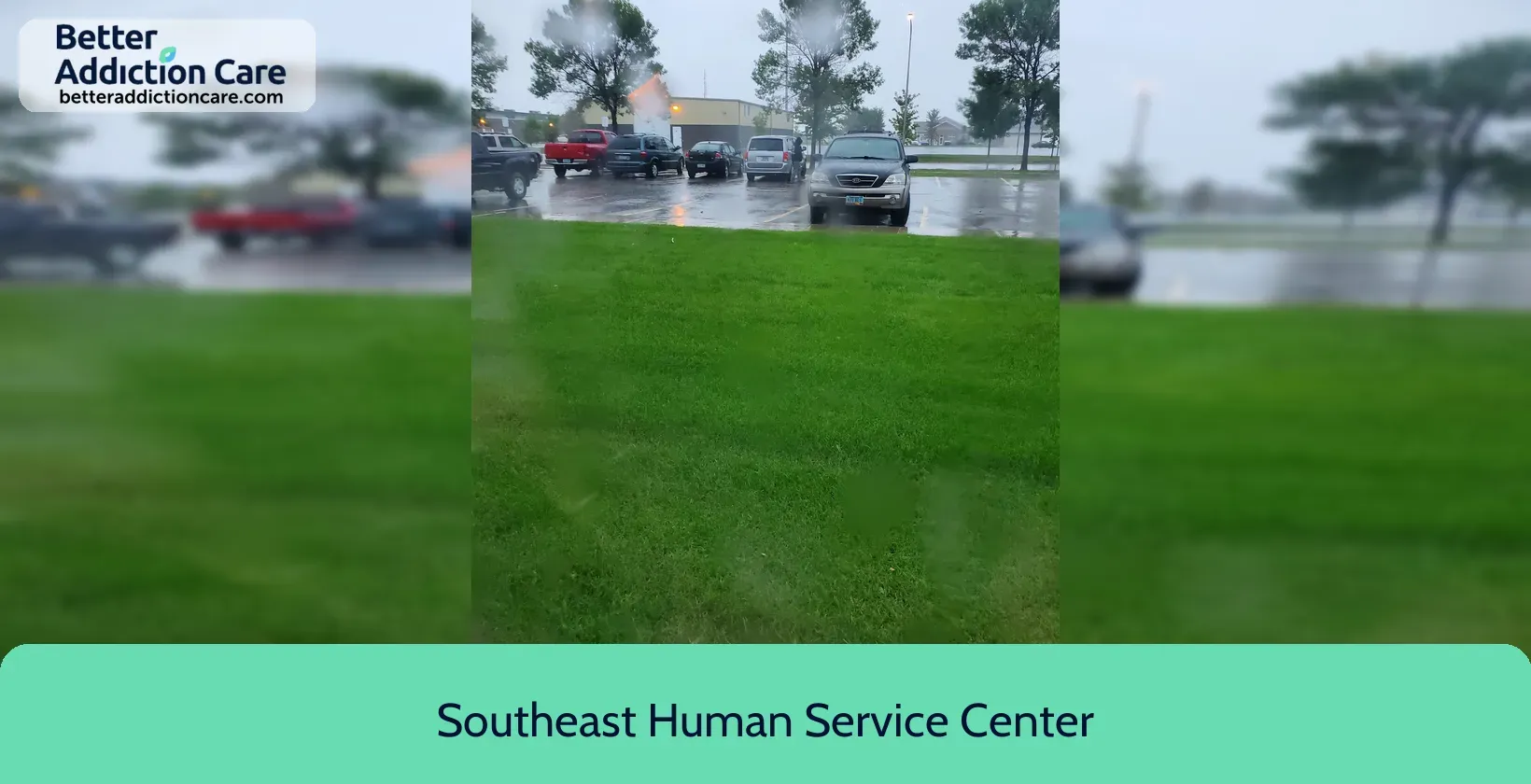
7.25
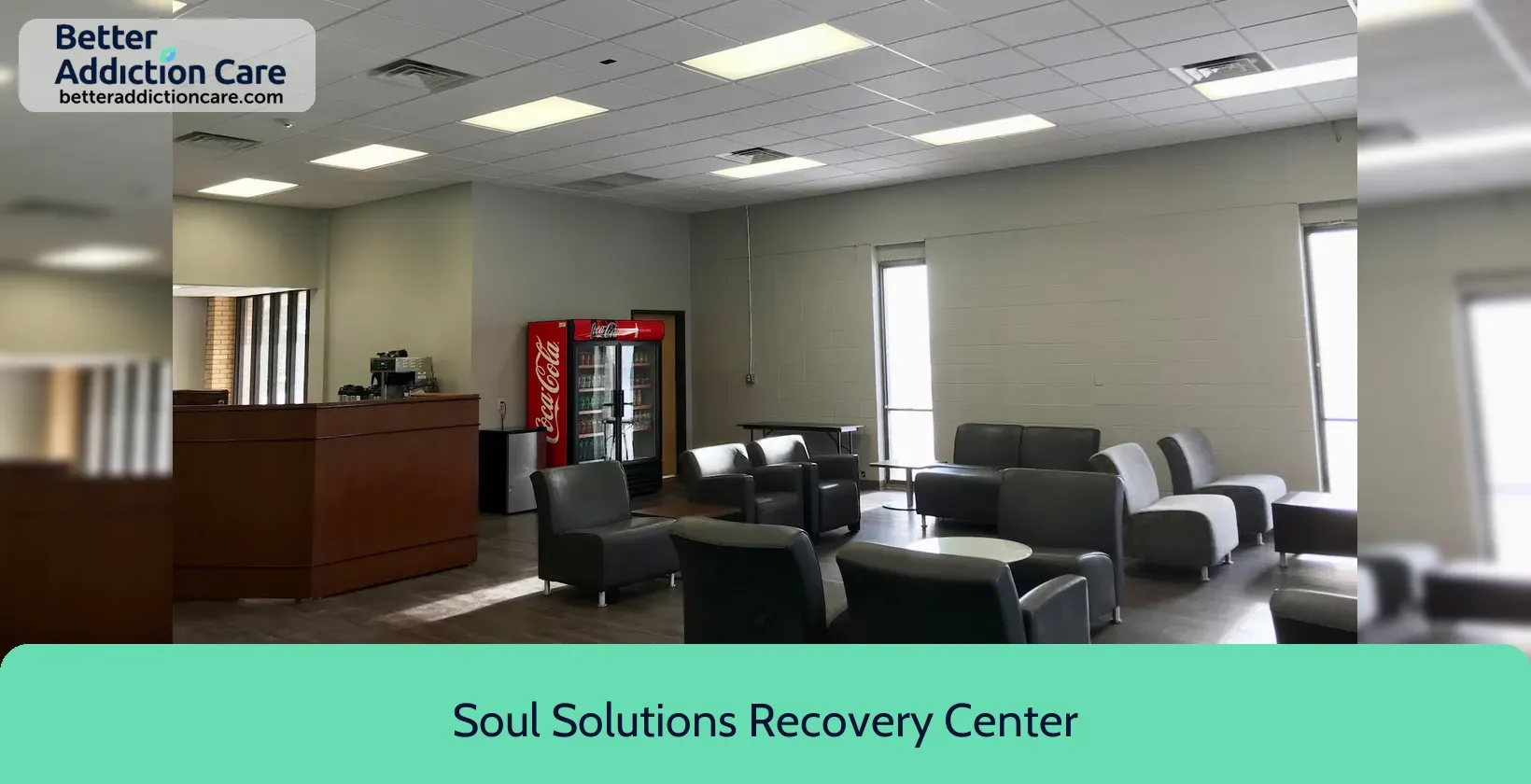
6.56
Browse rehab centers near Fargo and in other cities across North Dakota
DISCLAIMER: The facility name, logo and brand are the property and registered trademarks of Soul Solutions Recovery Center, and are being used for identification and informational purposes only. Use of these names, logos and brands shall not imply endorsement. BetterAddictionCare.com is not affiliated with or sponsored by Soul Solutions Recovery Center.
